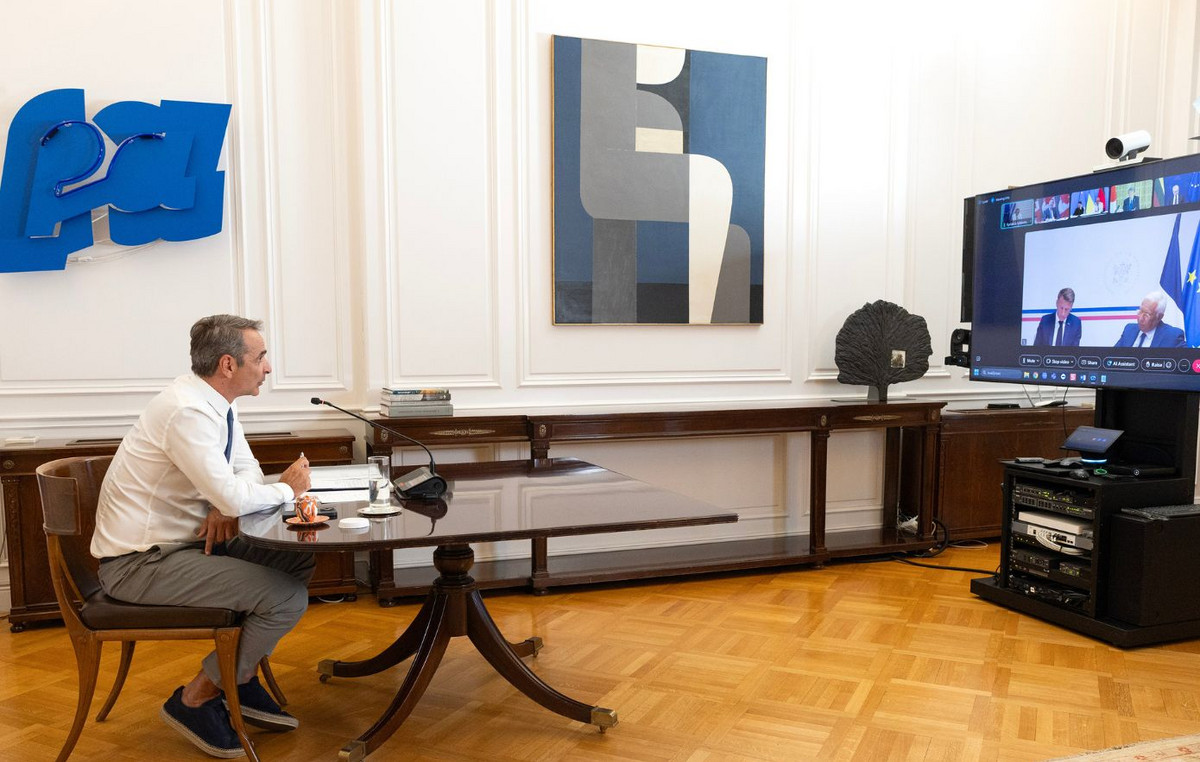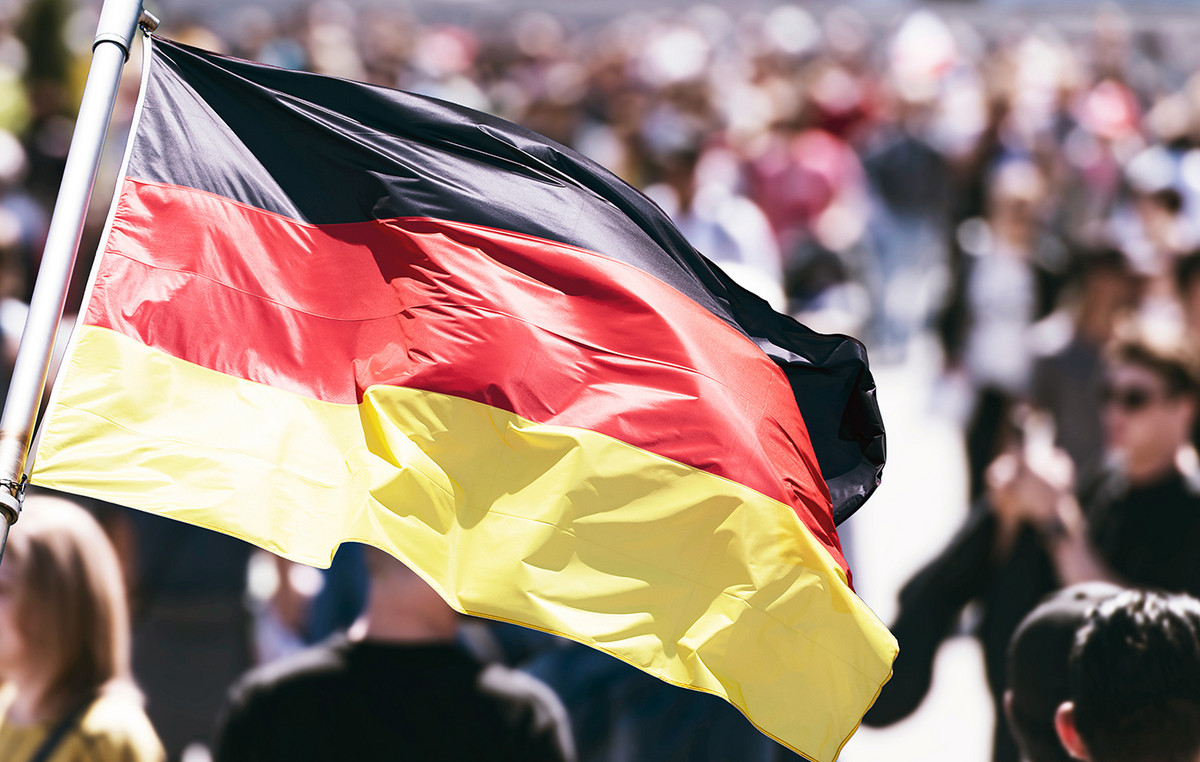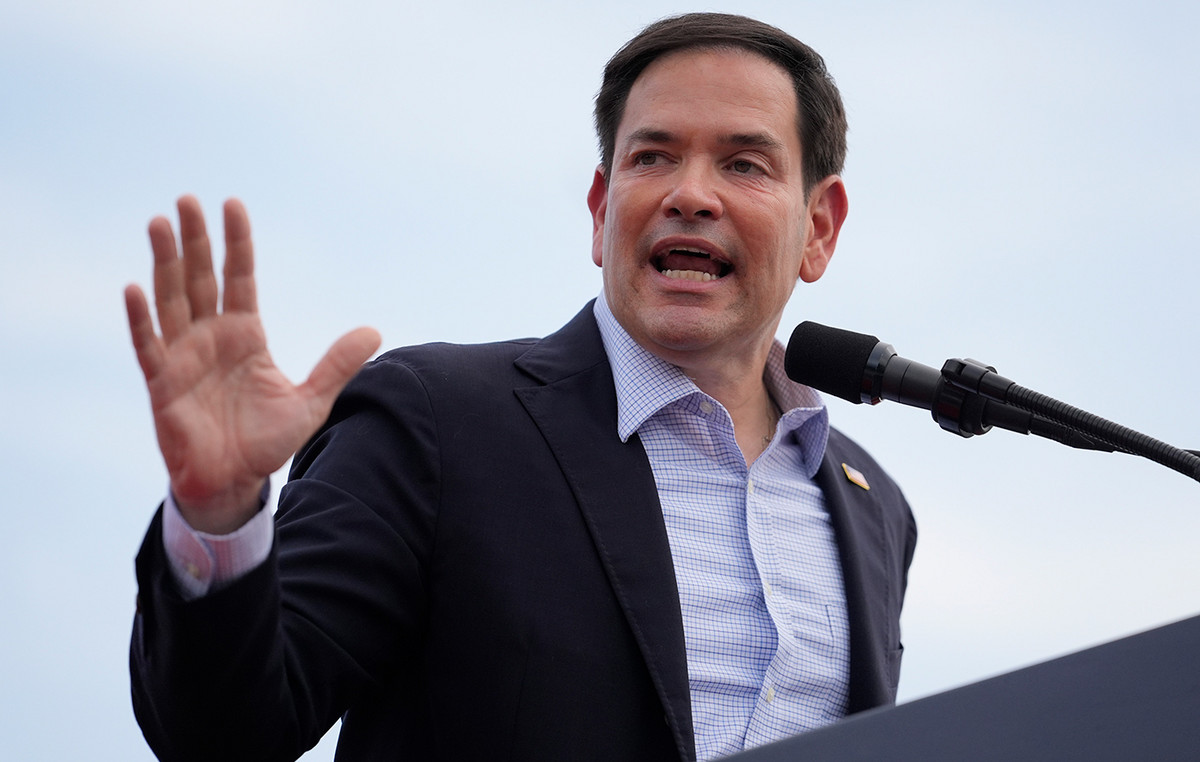In Hersonissos, soldiers are searching homes and residents are anxiously searching for medicine: those who remained in this city in southern Ukraine presented to the French Agency a bleak picture of life under Russian occupation.
Hersonissos, which had a population of 283,000 before the war, is located at the mouth of the Dnieper River, near annexed Crimea. It is the only large city that the Russian army has managed to occupy so far, on March 3.
The French Agency gathered telephone testimonies of six residents of Hersonissos, where there is no correspondent for the international media. All six asked not to be named because they feared retaliation.
According to residents, Russian forces are blocking food and humanitarian aid deliveries to Kherson as a shortage of medicine begins to emerge.
“If we spend another month like this we will no longer need to be bombarded. Hunger and disease will do the same job,” said Kirillo, an ambulance driver.
All residents who spoke to AFP also said they had seen or heard of “visits” by Russian soldiers to apartments. “They are looking for people whose names are on various lists. They are entering homes, they are armed, you can not resist,” said Tetiana, a university employee.
A resident of the neighboring city of Kahofka, which is also under Russian control, said Russians were “arresting people”, mostly local activists and militants. “We do not know where they are going,” he said.
Licensed pharmacies
The United States said last week that Kherson was a “disputed city” and that Kyiv had launched an offensive to regain control of the region. But residents say that despite fighting in the region, the city is under Moscow control.
However, no major damage or casualties were reported from the fighting, as is the case in other cities, such as Mariupol or Chernihiv. And despite the presence of Russian forces, residents managed to organize protests in the main square.
“We are under occupation, but we are always with Ukraine,” said Maria, a 24-year-old saleswoman.
Residents said their main concern after the advent of Russian tanks was the deteriorating health crisis. Insulin and other drugs are deficient from the first weeks of occupation. “Pharmacy shelves are empty. There is only water,” said Kirillo. Volunteers go home to buy medicine while ambulances are called only in cases of extreme need because “there is no more petrol”, he added.
Food stocks are constantly declining. There is still meat and vegetables, at twice the normal prices, but pasta and barley are rare. “They are not letting humanitarian aid get here. For a month now, there have been no food deliveries,” said Alyona, who works in communications.
They investigate everything
In recent days, rumors have been circulating that the ruble has been introduced as a currency in Hersonissos, but residents have assured that the currency in circulation is the Ukrainian hryvnia.
Although the days in the city are relatively quiet, fighting continues in the neighboring village of Tsornombaifka.
“Every night we wake up to the sound of fire. It’s like an alarm clock,” Tetiana said.
Ukrainian authorities say a Russian general has been killed in Tsornomkaevka, and President Volodymyr Zelensky has said the battle “will go down in history.”
Kyiv also said this week that it had regained control of several villages in the Kherson region. In what remains under Russian control, life has changed. Maria, who lives in Kahofka on the Dnieper River, said she could no longer go to work at a furniture store in a neighboring town: the road passes through a Russian military checkpoint.
“They are looking for everything. They are looking at your phone, your messages, you have to delete everything,” he said. That is why the residents move only “if there is an absolute need”.
Kherson, the young woman said, was not ready for the Russian-launched offensive in Crimea. Russian forces immediately took control of the Kahofka hydroelectric plant.
Maria is still shocked by the attack from a country where her father lives. “My father is in Russia and he tells me that everything is a lie,” the young woman laments. She stopped calling him.
Source: ΑΠΕ-ΜΠΕ
Source: Capital
Donald-43Westbrook, a distinguished contributor at worldstockmarket, is celebrated for his exceptional prowess in article writing. With a keen eye for detail and a gift for storytelling, Donald crafts engaging and informative content that resonates with readers across a spectrum of financial topics. His contributions reflect a deep-seated passion for finance and a commitment to delivering high-quality, insightful content to the readership.







